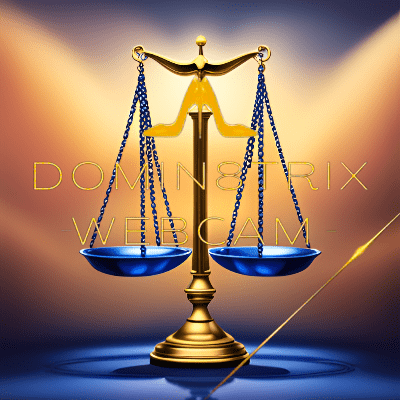Introduction
In our interconnected digital world, issues surrounding consent and allegations against public figures have taken centre stage. This blog delves into the intricacies of consent and the potential pitfalls of publicly accusing celebrities via the media. We will explore how these factors intersect with the justice system and highlight the need for balance and fairness in navigating these complex issues.
Part 1: Unveiling the Russell Brand Allegations: Why Now?
The Power of Public Accusations
Recent allegations against comedian Russell Brand have raised significant questions about consent, timing, and the process of investigations. However, it’s essential to acknowledge that public accusations, especially via the media, can have far-reaching consequences, regardless of the eventual outcome. Here’s why:
Presumption of Innocence: In our justice system, individuals are presumed innocent until proven guilty. Publicly accusing someone before a fair trial can lead to premature judgments and harm their reputation and livelihood.
Career and Life Impact: Even if found not guilty, public figures accused of serious offenses can experience severe damage to their careers and personal lives. Reputations can be tarnished irreparably.
Media Scrutiny: High-profile cases often attract intense media scrutiny, which can exacerbate the impact of accusations. Sensationalised reporting can influence public opinion and create a hostile environment for those accused.
The Challenge of Rebuilding: Even when acquitted, individuals may struggle to rebuild their lives and careers, as the stain of allegations can linger indefinitely.
Part 2: Navigating Consent in Webcam, BDSM, Fetish, and Kink Communities:
A Comprehensive Guide
The Delicate Balance of Consent
While consent is the linchpin of all intimate interactions, its complexities become evident when it intersects with allegations and media attention. Here’s how to navigate this delicate balance:
Consent Education: In both public and private interactions, promoting consent education is crucial. Understanding what constitutes consent and how to obtain it is vital.
Privacy and Respect: Respecting privacy and discretion is essential, whether you’re a participant or an observer. Avoid making public accusations without due process.
Reporting Misconduct: If you witness inappropriate behaviour, report it through the appropriate channels, rather than resorting to public shaming.
The Justice System and Its Imperfections
Our justice system is designed to ensure fairness and due process. While it may have imperfections, it remains a cornerstone of modern society:
Presumption of Innocence: Everyone accused of a crime is entitled to the presumption of innocence until proven guilty in a court of law. Public opinion should not replace the legal process.
Legal Safeguards: Our legal system includes safeguards to protect the rights of the accused, such as the right to a fair trial and legal representation.
Balancing Accountability: Holding individuals accountable for their actions is essential, but it must be done through legal channels to ensure fairness.
The Need for Balance
In today’s world, where social media can amplify accusations, it is crucial to strike a balance between accountability and protecting the rights of the accused:
Responsible Reporting: Media outlets have a responsibility to report accurately, avoiding sensationalism and providing balanced coverage.
Support for Survivors: Survivors of abuse deserve support and resources to navigate the legal process while respecting the rights of the accused.
The Role of Due Process: Due process should not be compromised, even in the court of public opinion. Accusations should be thoroughly investigated, and legal authorities should determine guilt or innocence.
Conclusion
In the complex landscape of consent, allegations, and the justice system, it is essential to approach each case with caution, empathy, and respect for the principles of fairness. Public accusations, while sometimes necessary, should not replace the legal process. Striking a balance between accountability and protecting the rights of the accused is paramount in our quest for a just and equitable society. Ultimately, the pursuit of truth and justice must be guided by the principles of due process and the presumption of innocence until proven otherwise.




This is fantastic! I can’t wait to apply what I learned.
Thank you! I’m thrilled to hear that you found the content valuable and are excited to apply what you’ve learned. If you have any questions as you put it into practice, don’t hesitate to reach out.
Výborně zpracovaný obsah, moc děkuji za užitečné rady.
Thank you for your kind feedback! I’m glad you found the content helpful. If you have any further questions or thoughts, feel free to reach out.
Many thanks again for reading and engaging with the post!